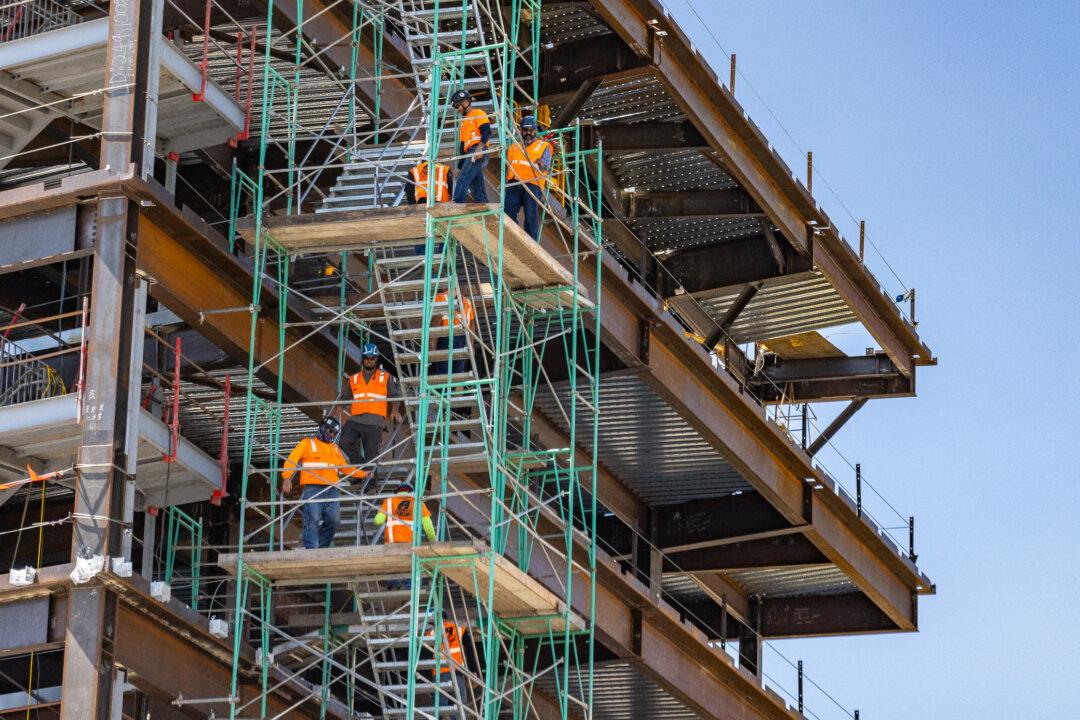A proposed ballot initiative introduced by a citizens’ group spearheaded by radio host Steve Hilton, seeks to cut down on environmental lawsuits—often filed against new housing projects—to make it easier for more Californians to buy homes.
The California Homeownership Affordability Act seeks to end “CEQA lawsuit abuse,” according to details filed Sept. 7 with the state attorney general’s office.





